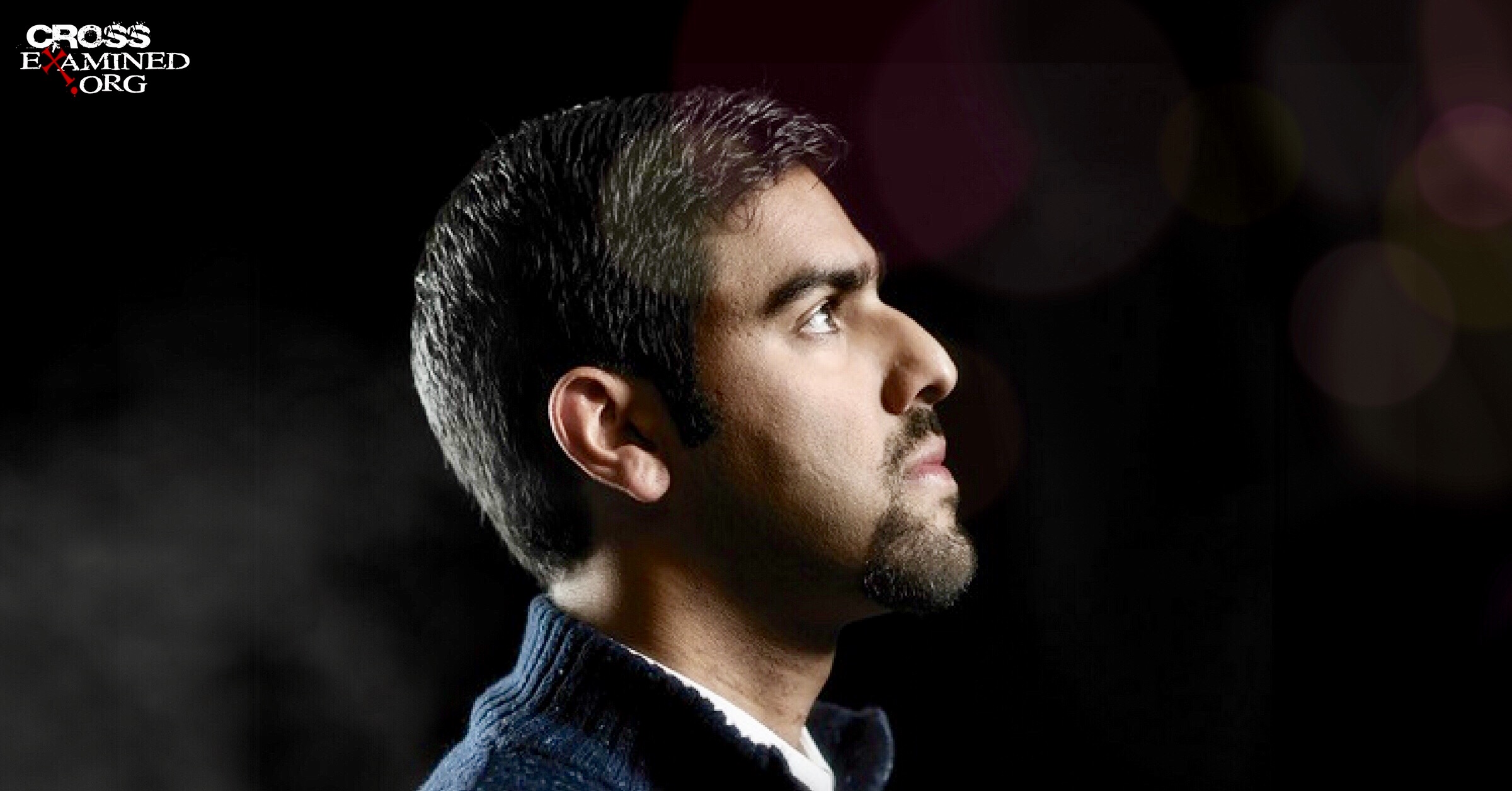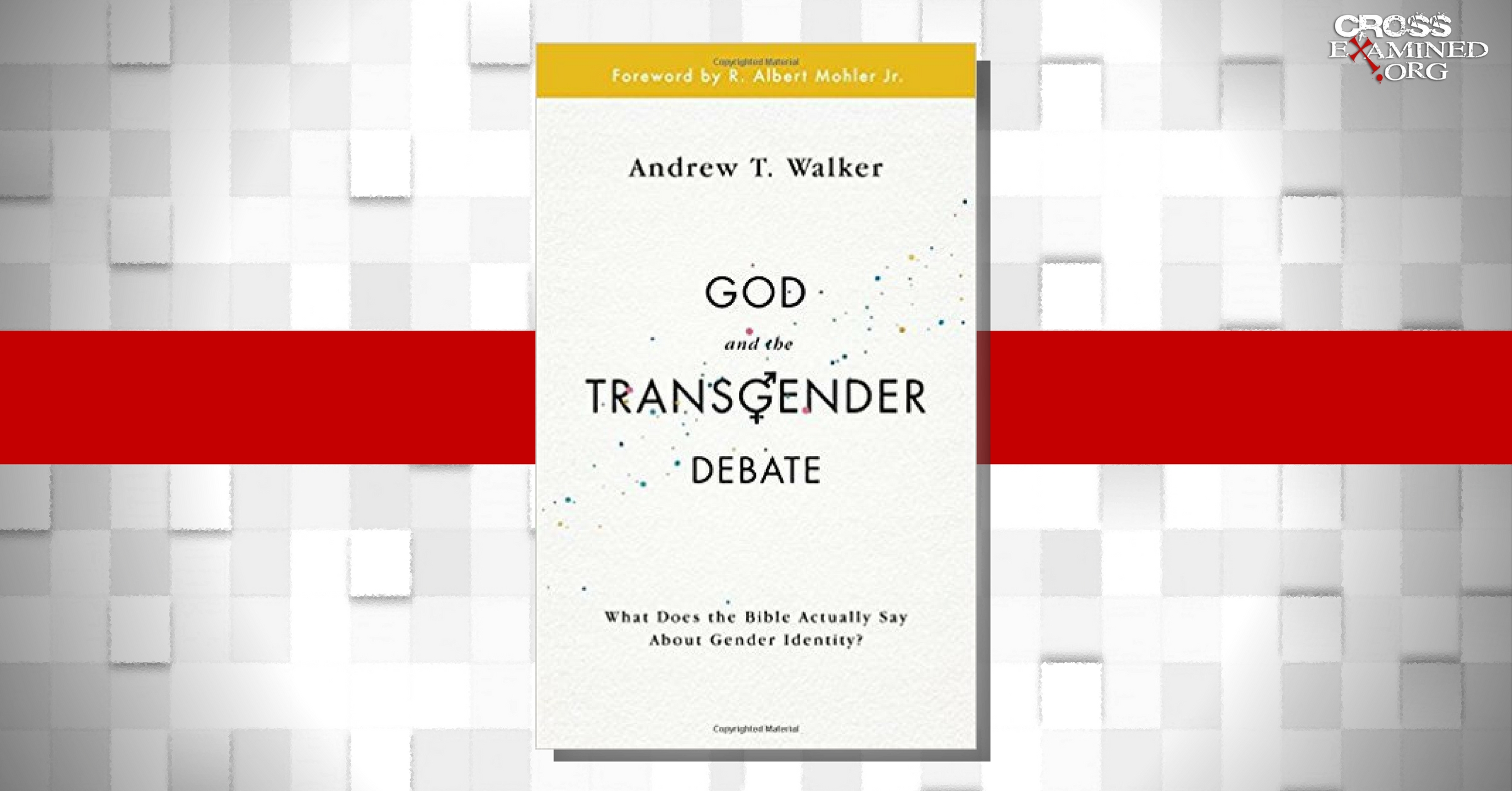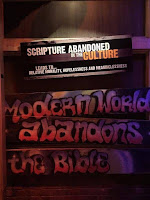How does a man facing his own premature death exude an uplifting combination of grace, love and truth? My friend Nabeel Qureshi, who has done that for more than a year, died at age 34 on Saturday. In case you don’t know, Nabeel was a former devout Muslim who became a powerful defender of Christianity after a seven-year process of evaluating the evidence for Christianity with his friend David Wood. His first book, Seeking Allah, Finding Jesus is an international best seller.
Since being diagnosed with stage four stomach cancer last year, Nabeel has shared his thoughts, concerns and prayers through 43 video blogs on his YouTube channel. His last video, recorded from his hospital bed just seven days before his death, is a request for us to use his work and example to love others to the truth.
As you will see in his videos, Nabeel exhibited the love of Christ to the end. He never wavered in his confidence that God could heal him, but recognized that He might not. Nabeel understood that we live in a fallen world, and that God doesn’t promise any of us a long, trouble free life. In fact, Jesus promised more of the opposite. He said that we “will have trouble in this world, but take heart, I’ve overcome the world.”
Nevertheless, while it seems insensitive to ask this while we grieve, people are wondering why didn’t God heal Nabeel. After all, he was a brilliant and charismatic young man taken away from his wife Michelle and daughter Ayah, and the rest of us, far too early. Nabeel had so much more to give to his family and the Kingdom of God that his death seems senseless.
So why didn’t God heal Nabeel?
Tough Questions
Is it because an evil, such as a premature death, proves that there is no God? No, because evil wouldn’t exist unless Good existed, and Good wouldn’t exist unless God existed. Evil doesn’t exist on its own. It only exists as a lack in a good thing. Like cancer. So when we complain about evil we’re actually presupposing Good. An objective standard of Good is a standard that is beyond mere human opinion. That can only be God’s nature. So evil may prove there’s a devil out there, but it can’t disprove God. Instead, evil boomerangs back to show that God actually does exist.
Is it because the Muslim God is the true God, and He punished Nabeel for leaving Him? No, there’s excellent evidence for the Christian view of God (see Nabeel’s book No God but One). Moreover, Muslims who suggest this should be asked, “Why did your God wait until Nabeel had written three best-selling books, made hundreds of hours of videos, and helped bring hundreds of Muslims to Christ? Is his timing off?” Not only that, Nabeel’s work will continue to bring people to Christ, probably in an accelerated manner after his passing.
So why didn’t God heal Nabeel? What purpose could God have for allowing Nabeel to die?
Some might suggest that people like Nabeel who experience tragedy must be worse sinners than others. Jesus refuted that kind of shallow speculation directly in Luke 13, when he said, “I tell you, no! But unless you repent, you too will all perish.” Indeed, we are all sinners who will perish and we need to repent before it’s too late.
Is it because Nabeel didn’t have enough “faith”? People who claim such nonsense don’t know Nabeel or correct theology. Nabeel’s trust in Christ was deep and unwavering. But the larger point is that faith doesn’t guarantee good health and wealth as “Word of Faith” preachers assert. In fact, their self-serving theology can be refuted by one simple observation: Jesus and the apostles weren’t healthy and wealthy. In fact, they suffered and died for their beliefs. Don’t tell me they didn’t have enough faith!
The Ripple Effect
So why didn’t God heal Nabeel? What purpose could God have for allowing Nabeel to die? In answering that question, we need to admit that there can be no ultimate purpose to Nabeel’s death (or any event) if there is no purpose to life. But since God does exist, and the purpose of life is to be reconciled with Him though His son, Jesus, then even tragedies can help achieve that purpose. Perhaps more people will come to know Christ because of Nabeel’s death. It’s impossible for us to know the extent of that right now, but it’s not impossible for God.
We can’t see it fully because every event, good and bad, ripples forward into the future to touch countless other events and people. This ripple effect is also known as the butterfly effect. The idea is that a butterfly flapping its wings in South Africa, for example, could ultimately bring rain to a drought stricken portion of the United States. We can’t trace all of those ripples, but an all powerful God who is outside of time can. In fact, there have been billions of events in history, both good and bad, that helped make you who you are and helped put you where you are.
So we don’t know why God didn’t heal Nabeel, but we know why we don’t know. We’re finite and God is infinite. The good news is God’s character and power guarantees that He will bring good from evil “to those that love Him and are called according to His purpose” (Rom. 8:28). That may happen later in this life. It certainly will spill over into eternal life.
The ripple effect led Jacques Marie Louis Monsabré, a former pastor at Notre Dame in Paris, to trust God even when he couldn’t see any good coming from evil. He said: “If God would concede me His omnipotence for 24 hours, you would see how many changes I would make in the world. But if He gave me His wisdom too, I would leave things as they are.”
Indeed, God will redeem Nabeel’s death for good like he redeemed Nabeel himself. But while Nabeel is now with the Lord, Michele and Ayah remain with us. As Nabeel asked in one of his final videos, please pray for them as well as Nabeel’s loving parents. And If you can help Michele and Ayah financially, would you please do so here?
While we grieve let us be thankful for Nabeel’s eternally significant life. He did more for the Kingdom of God in 34 years than ten thousand people do in 80. And the ripples he created — waves really — will help carry people into Heaven for generations. Blessings to you Brother. See you on the other side.







 No free will = no rationality
No free will = no rationality





